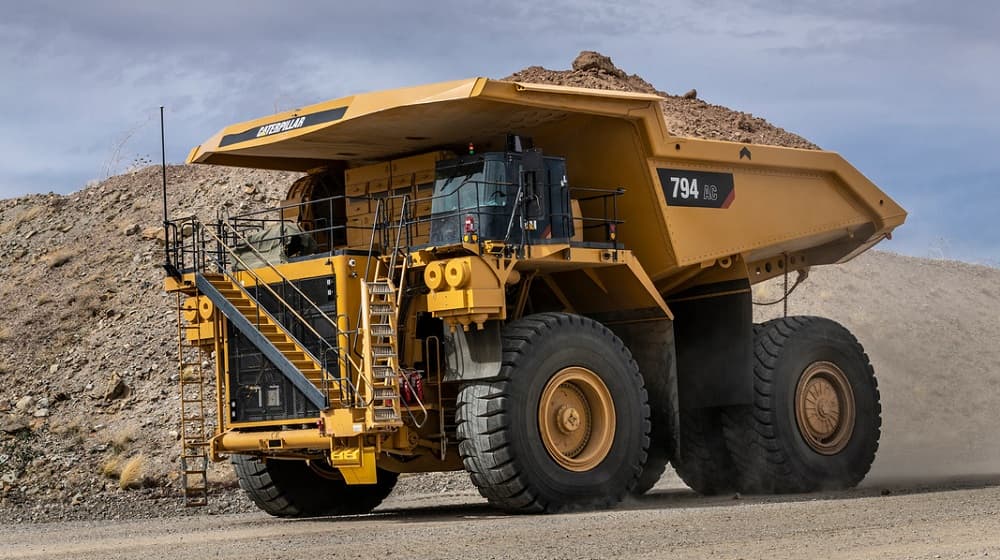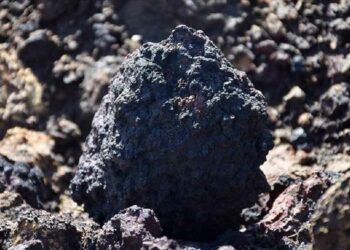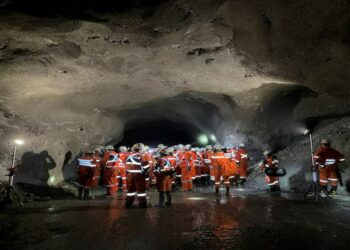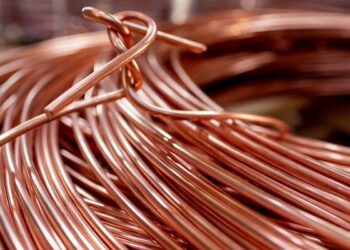Rio Tinto has agreed to deploy 35 new 793 zero-emission autonomous haul trucks from Caterpillar at the Gudai-Darri iron ore mine in Western Australia.
To this end, the companies have signed a memorandum of understanding (MoU) under which the duo will work to advance the development of Caterpillar’s future 220t 793 haul truck.
The partners have agreed to a prototype pilot programme, testing and pre-production trials for the 793 fleet. Once the Gudai-Darri mine development is complete, it is said that the Caterpillar 793 autonomous haul trucks will see their first operational deployment there.
Rio Tinto chief commercial officer Alf Barrios said: “Our ambition to reach net-zero emissions across our operations is a priority. This collaboration represents a small but important step on that journey.
“We look forward to working together to validate these zero-emissions haul trucks in just a few years’ time. The advanced technology at Gudai-Darri puts it at the forefront of new mining operations globally and we look forward to adding Caterpillar zero-emission haul trucks to the site.”
Caterpillar Group president Denise Johnson said: “By leveraging these technologies across their sites, Rio Tinto can more safely increase productivity, efficiency and be more sustainable.”
Earlier this year, Rio Tinto agreed to deploy fully autonomous water trucks from Caterpillar at the Gudai-Darri mine in an effort to increase productivity.
The three Caterpillar water trucks will join the fleet of Caterpillar heavy mobile equipment, which includes autonomous haul trucks and production drills at the Rio Tinto Gudai-Darri mine.
Located approximately 35km north-west of Rio Tinto’s Yandicoogina mine site, the Gudai-Darri mine is expected to have an annual capacity of 43 million tonnes.
Last month, mining firm BHP joined forces with Caterpillar to develop and deploy zero-emissions trucks at mining sites to reduce emissions.










